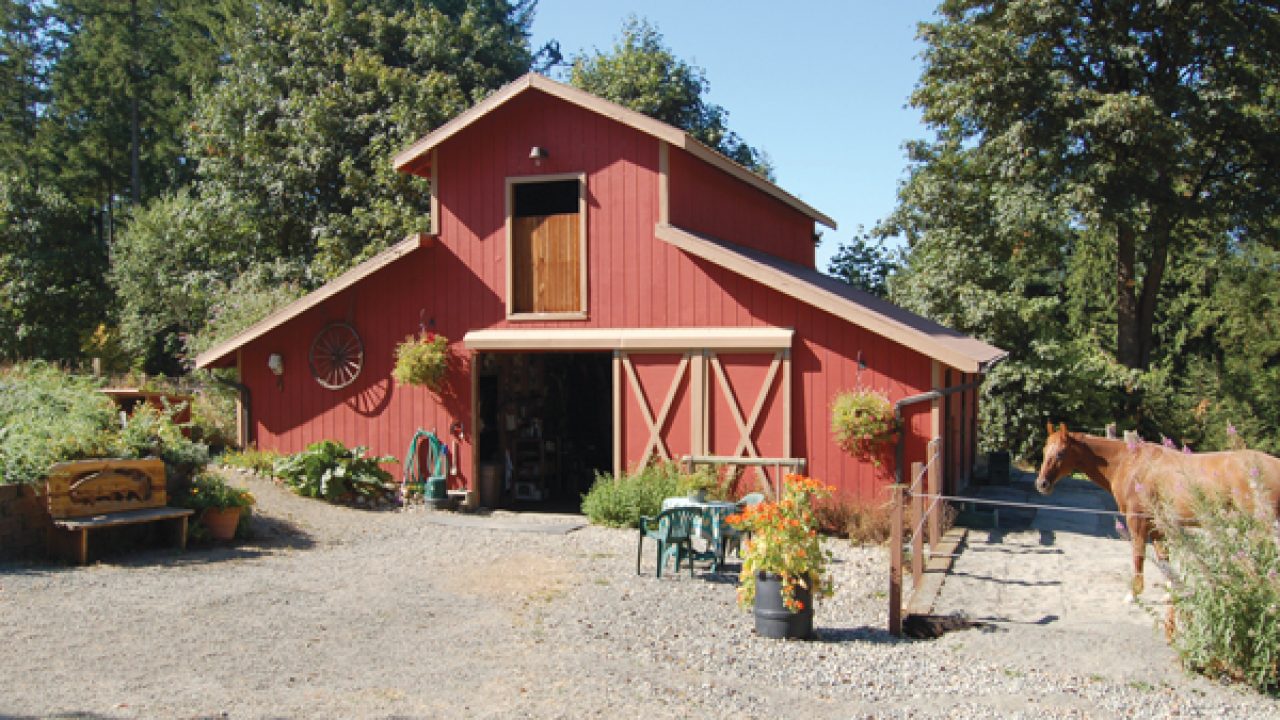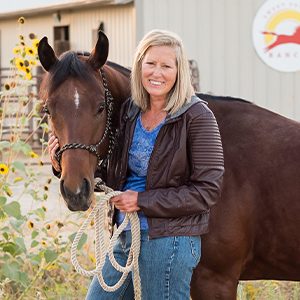Sustainability Trends in the Horse Industry

The horse industry is increasingly embracing sustainability, reflecting a global shift towards environmentally responsible practices. This article explores key trends shaping the future of equine care, management, and business operations with a focus on sustainability.
Key Sustainability Trends
| Trend | Description | Benefits |
|---|---|---|
| Eco-friendly Feed | Use of organic, locally sourced, and non-GMO feed to reduce environmental impact. | Reduces carbon footprint, supports local agriculture. |
| Sustainable Stable Design | Incorporation of energy-efficient lighting, solar panels, and water recycling systems. | Lowers energy costs, conserves water, reduces waste. |
| Waste Management | Composting manure and recycling bedding materials to minimize landfill contributions. | Enhances soil health, reduces pollution. |
| Natural Pest Control | Using biological methods and natural repellents instead of chemical pesticides. | Protects ecosystems, safer for horses and handlers. |
| Ethical Breeding Practices | Focus on genetic diversity and animal welfare to promote healthy horse populations. | Improves breed health, reduces inbreeding risks. |
Detailed Insights
Eco-friendly Feed
Choosing organic and locally sourced feed not only supports sustainable farming but also ensures horses receive high-quality nutrition free from harmful chemicals. This practice reduces transportation emissions and promotes biodiversity.
Sustainable Stable Design
Modern stables are being designed with sustainability in mind. Solar panels can power lighting and heating, while rainwater harvesting systems provide water for cleaning and irrigation. Energy-efficient LED lighting reduces electricity consumption significantly.
Waste Management
Manure composting transforms waste into valuable fertilizer, reducing the need for chemical fertilizers. Recycling bedding materials like straw or wood shavings further minimizes environmental impact.
Natural Pest Control
Biological pest control methods, such as introducing beneficial insects or using herbal repellents, help maintain a balanced ecosystem around stables without harmful chemicals.
Ethical Breeding Practices
Prioritizing genetic diversity helps maintain robust horse populations and prevents hereditary diseases. Ethical breeding also involves ensuring the welfare of mares and foals throughout the process.
Frequently Asked Questions (FAQ)
Q1: How can I start implementing sustainable practices in my stable?
A1: Begin with small changes like switching to organic feed, installing energy-efficient lighting, and starting a composting system for manure.
Q2: Are sustainable feeds more expensive?
A2: While some organic feeds may cost more upfront, they often lead to better horse health and can reduce veterinary costs over time.
Q3: What are the benefits of natural pest control?
A3: It reduces chemical exposure for horses and humans, protects beneficial insects, and helps maintain environmental balance.
Q4: How does sustainable stable design impact costs?
A4: Initial investments may be higher, but energy savings and water conservation lead to lower operating costs in the long run.
Conclusion
Sustainability in the horse industry is not just a trend but a necessary evolution towards responsible stewardship of animals and the environment. By adopting eco-friendly feed, sustainable stable designs, effective waste management, natural pest control, and ethical breeding practices, stakeholders can ensure a healthier future for horses and the planet.
Would you like me to help refine the tone or add more technical details to this content?
